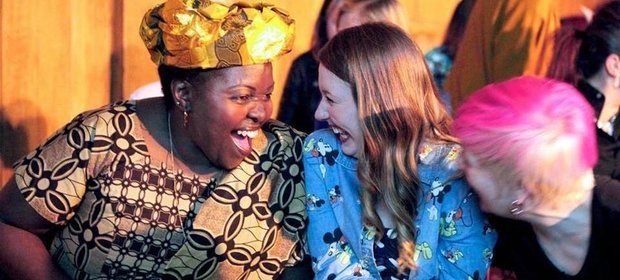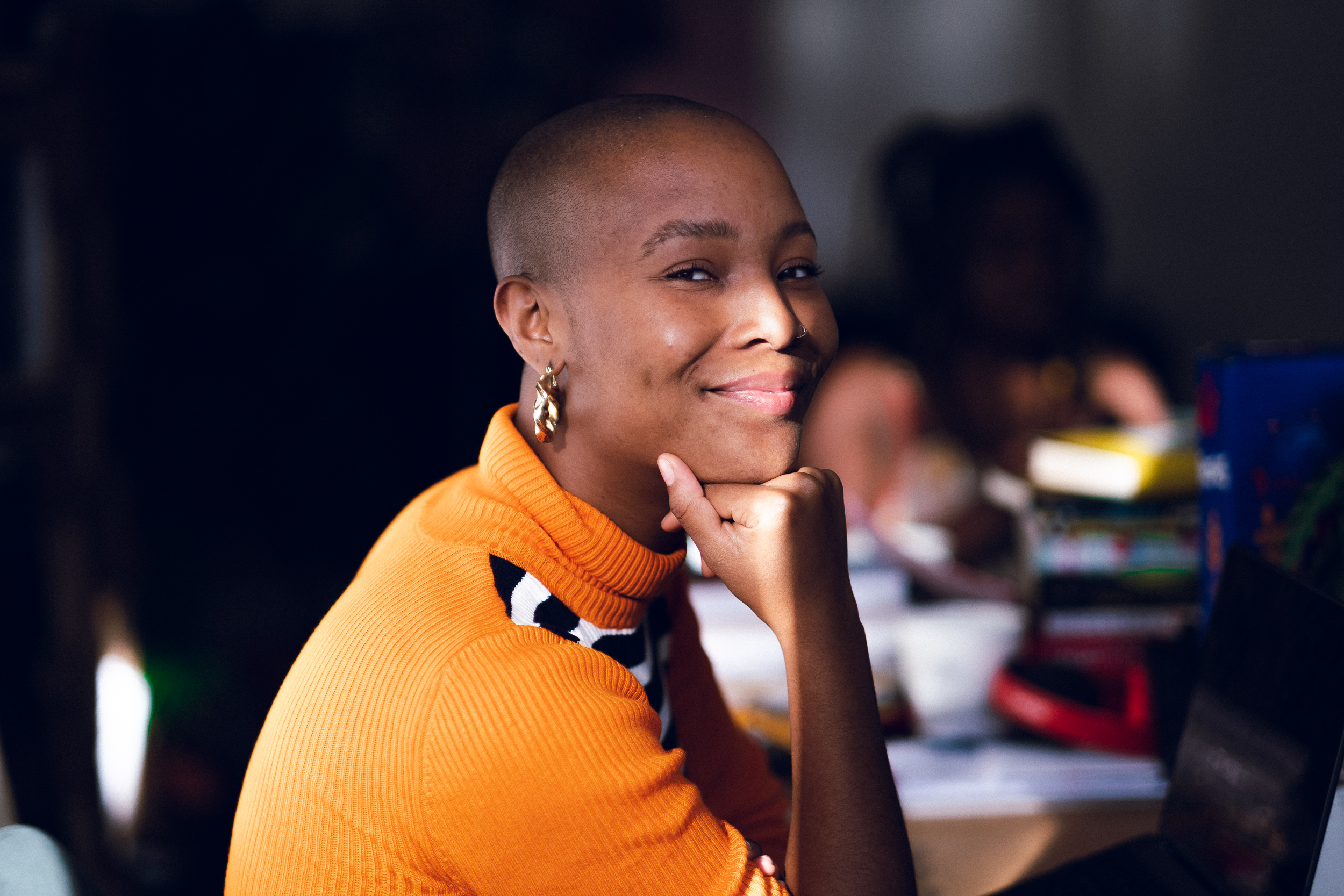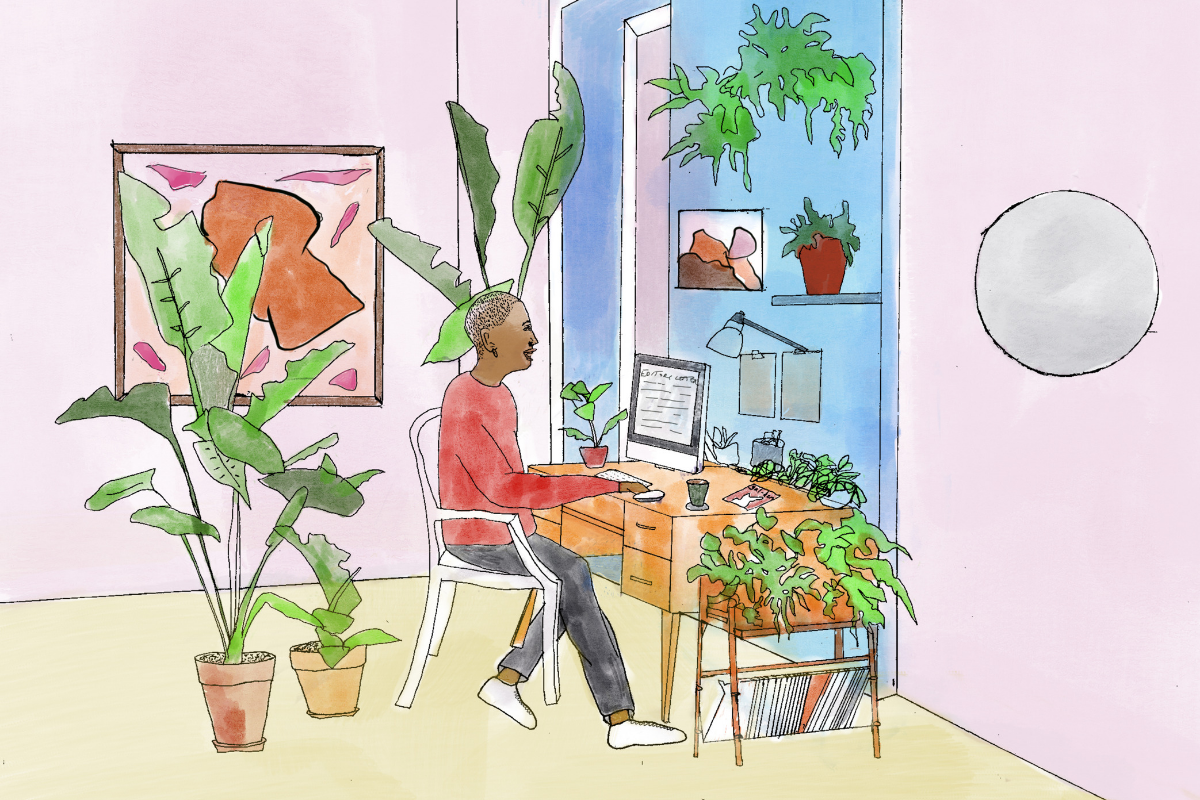
The Women’s Equality Party (WE) has grown rapidly since Sandy Toksvig and Catherine Mayer came together following a discussion at WOW Southbank on women in politics last March. They now have over 50 branches across the UK and have gained the support of members from all walks of life, including: FGM activist, Nimko Ali; artist, Shabnam Shabazi; writer, Stella Duffy; and actress, Tanya Moodie. Tomorrow, the WE Party, headed by Sophie Walker, will be hosting policy launch parties across the country. The questions on everyone’s lips? Could WE be the driving force behind a much-needed change in British politics? And could they represent a shift towards a powerful feminist force which is intersectional in its approach?
WE mission statement:
The Women’s Equality Party is a new collaborative force in British politics uniting people of all genders, diverse ages, backgrounds, ethnicities, beliefs and experiences in the shared determination to see women enjoy the same rights and opportunities as men so that all can flourish. WE are pushing for equal representation in politics, business, industry and throughout working life.
I recently met with Jess Read, Interim Secretary for WEP Bristol, to discuss issues of diversity; the importance of working with grass-roots organisations; and university curricula. What was supposed to be a twenty-minute conversation went on for well over an hour; which can only be a testament to the WEP’s genuine commitment to working with organisations such as gal-dem. In fact, it was the formidable Stella Duffy who reached out, on behalf of WE, and put me in touch with the Bristol branch.
“I think we’ll get there – because there is real will to be inclusive, not simply to counter accusations of lack of inclusivity, which is just window-dressing, but because REAL equality for women has to mean ALL women.” – Stella Duffy
The six main objectives of WE are the following (which I have been informed are not in order of importance):
- WE are pressing for equal pay and an equal opportunity to thrive.
- WE are campaigning for equal parenting and care-giving and shared responsibilities at home to give everyone equal opportunities both in family life and in the workplace.
- WE urge an education system that creates opportunities for all children and an understanding of why this matters.
- WE strive for equal treatment of women by and in the media.
- WE seek an end to violence against women.
Their overarching commitment is to the social and economic equality of the sexes. For the WE party, there can be no change without representation. And, despite a common misconception about the party, men can join too and they have (albeit in smaller numbers).
The key point Jess stressed was that change comes through listening. Specifically, listening to what minority groups say they need because who else could know better?
Through working with grass-roots organisations Jess believes it is possible to move toward an inclusive movement. As she explained, the success of the WE party can be measured on its diversity. In fact, the second WE fundraiser featured inspirational ladies, half of whom were women of colour, queer and disabled.
Essentially, the WE Party is about politics from the bottom up. Jess suggested they were pretty flexible about their approach and want to work within the system as best they can. This could be a culmination of different methods, including standing for election and working in harmony with larger political parties. Perhaps Jeremy Corbyn is just the guy to work with smaller parties, such as the Greens and WE, in the future, and bring their agendas to the forefront of British politics.
I am both curious and excited to see what the policy launch will bring and truly do believe that WE are committed to creating an inclusive party which represents the needs of all women as best it can. They are working from a fundamental truth: the struggles of all women are not the same and there are issues which are more prevalent to women of colour, working-class women and other marginalised groups.
Who knows what can happen when dynamic women from all walks of life come together? I am certainly looking forward to potential WE x gal-dem collaborations in the future.









